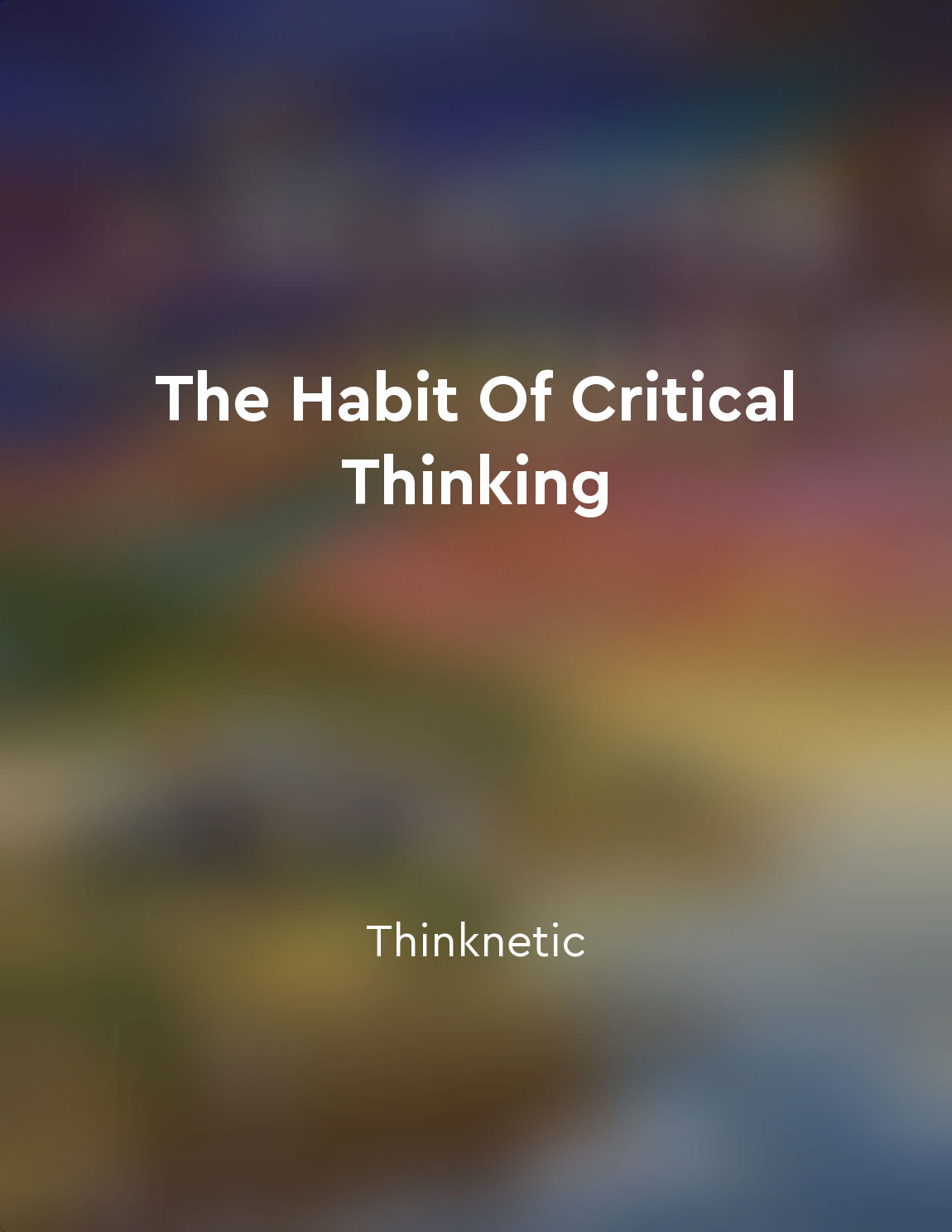Incorporating feedback into your revisions from "summary" of 101 Essays by DiAnn Gilbertson
When you receive feedback on your writing, whether it comes from a peer, a teacher, or an editor, it is important to take that feedback seriously and use it to make revisions to your work. Incorporating feedback into your revisions can help you improve the overall quality of your writing and make it more effective. One way to incorporate feedback into your revisions is to carefully consider the suggestions that have been made. This means taking the time to think about why the feedback was given and how it could improve your writing. It may be helpful to ask questions about the feedback, such as whether it addresses a specific problem in your writing or if it could make your writing more clear and concise. Once you have thought about the feedback, it is important to make specific changes to your writing based on that feedback. This may involve reorganizing your ideas, clarifying your arguments, or adding more detail to support your points. By making these changes, you can address the issues that were raised in the feedback and strengthen your writing overall. Incorporating feedback into your revisions also requires a willingness to be open to criticism and to see it as an opportunity for growth. Instead of viewing feedback as a personal attack, try to see it as a valuable tool for improving your writing skills. By approaching feedback in this way, you can make the most of the suggestions that are given to you and use them to become a better writer. Finally, it is important to remember that the process of revising your writing based on feedback is an ongoing one. Even after you have made changes to address the feedback you received, it can be helpful to seek out additional feedback and continue to make revisions. By continually seeking to improve your writing in response to feedback, you can develop your skills as a writer and produce work that is more polished and effective.Similar Posts
Writing is a journey with no clear destination
Writing is like setting out on a road trip with no map, no GPS, and no final destination in mind. It is a journey into the unkn...

Embrace change as a means for growth
Change is a constant in life. It is inevitable, and resisting it only causes unnecessary stress and stagnation. Instead of fear...
Experimentation and play are important aspects of the creative process
Creativity thrives on experimentation and play. This is because these activities allow for a sense of freedom and exploration t...
Strive for excellence in all aspects of your life
To achieve success in life, it is essential to constantly pursue excellence in every area of our existence. This means dedicati...
Build a strong support network
Building a strong support network is crucial for achieving success in any aspect of life. This network can consist of friends, ...

Seek feedback from others
When we are trying to assess our own performance or make decisions, seeking feedback from others can provide us with valuable p...
Start each day with a positive mindset
The way you start your day can have a significant impact on how the rest of your day unfolds. By beginning each morning with a ...
Use transitions to guide the audience
Transitions play a crucial role in ensuring a smooth flow of ideas during a speech or presentation. They act as signposts that ...

Combining passion with purpose drives creative achievement
When we look at the lives of many of history's most creative individuals, we often find a common thread - a deep passion for th...

Be humble
The concept of humility is a vital aspect of critical thinking. Being humble means recognizing our limitations, acknowledging t...

